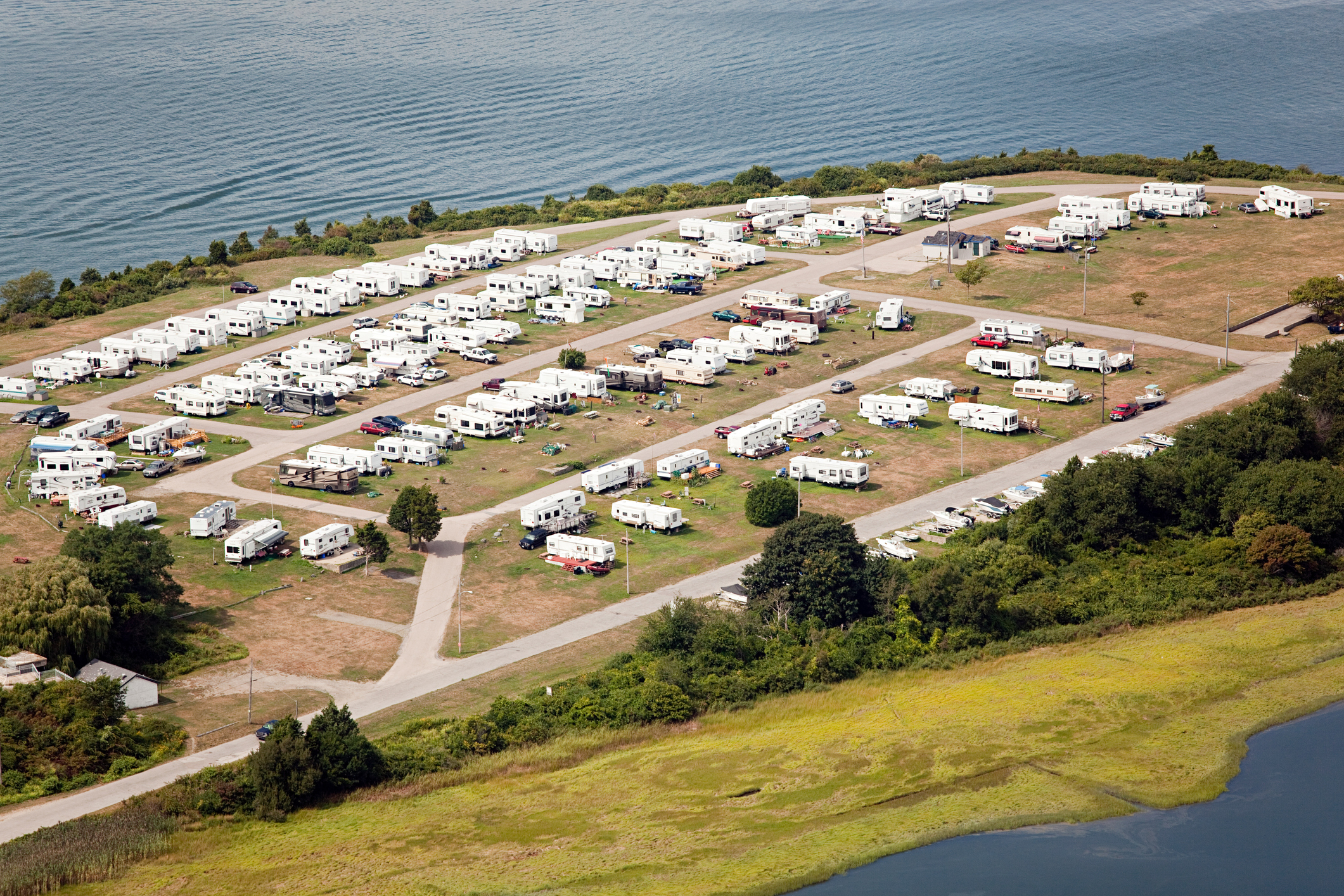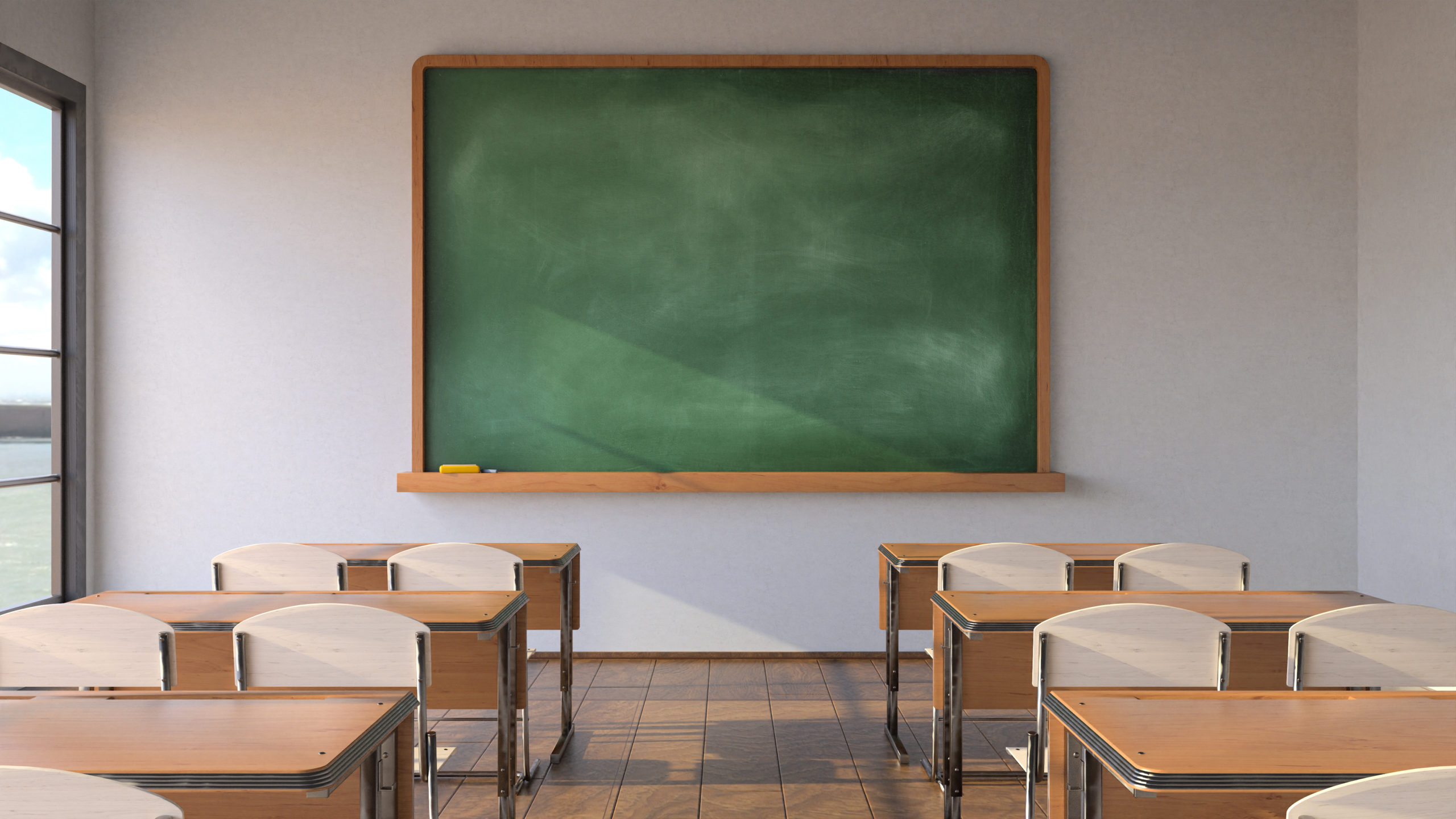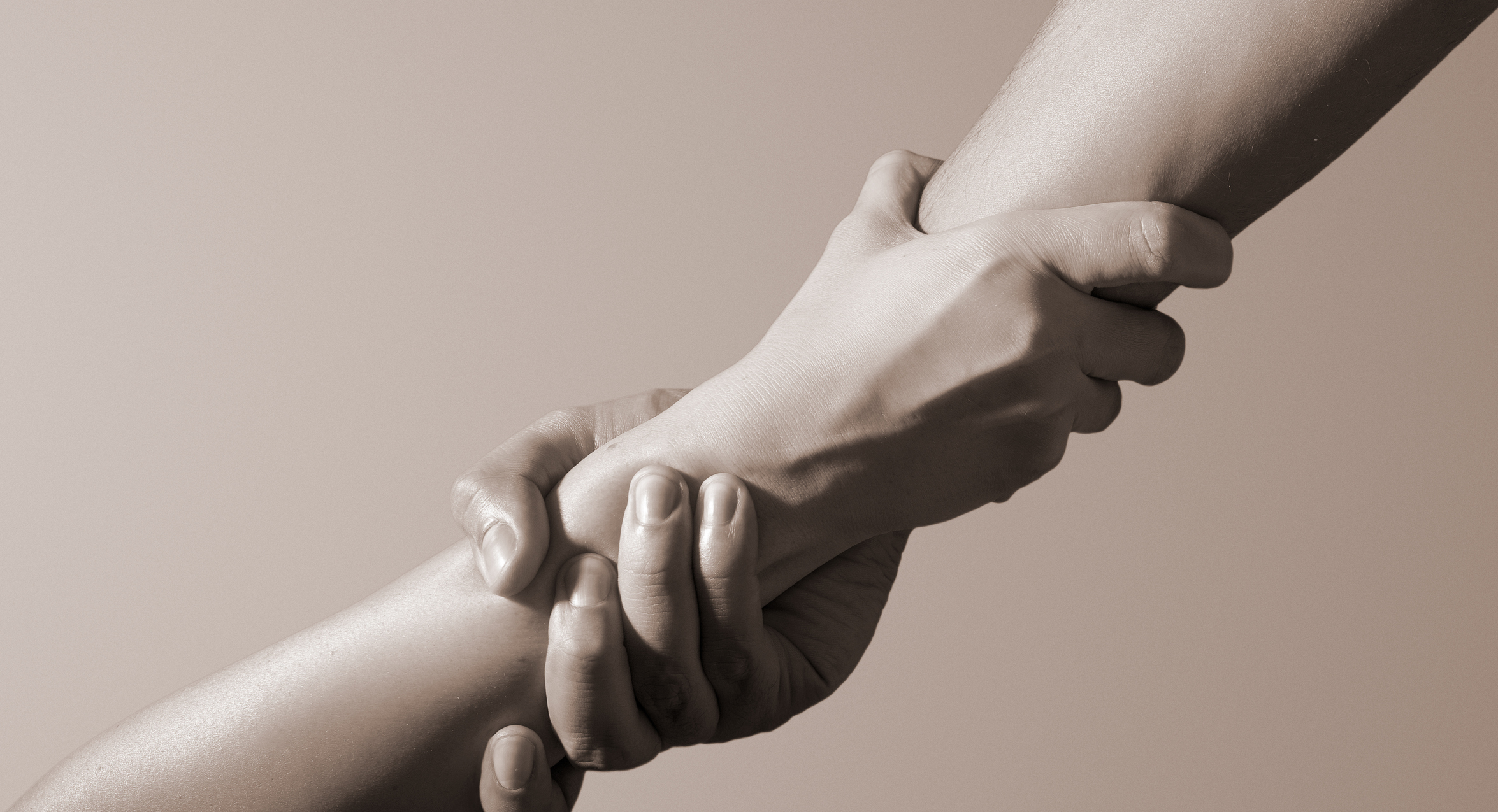Today’s globalist dogma is incompatible with our country’s survival.
RV Republic

Memorial Day in the trailer park
When I was a kid, my dad always complained about pickups and big SUVs because he couldn’t see past them on the road. “What the hell do you need a truck for, man? This is Southern California. It’s not like everyone with a truck’s a contractor!” A few decades later, amid the COVID lockdown doldrums, friends of mine in my relatively affluent Los Angeles suburb bought a trailer. And to haul it around, a hulking F-150 truck.
Our friends had grown up taking RV trips, and now—at the height of lockdowns—was the perfect time to revive the tradition. More importantly, though, the trailer and the truck were purchased as an act of rebellion—a reclamation of individual freedom—against the thumb twiddling and navel gazing of Governor Newsom’s shelter-in-place decrees.
While my family and I patiently—and sometimes not so patiently—sheltered in place awaiting the vaccine, these friends crisscrossed the state and beyond. They told us stories about rural California, of places where masking was optional and not often observed and where kids played with each other outdoors. It dawned on me that RV and trailer life, especially during lockdowns, was anathema to California’s urban elites and the political class that represents them. Gas-guzzling vacations were an affront to the indisputable science of climate change and socializing with strangers in campgrounds was a flagrant violation of the unassailable expert wisdom of social distancing. I admired how much my friends could rankle liberals just by having fun. I wanted in.
Over Memorial Day Weekend, my family and I were invited by these same friends to join them on California’s Central Coast. The campground was near wine country and adjacent to a hotel, so we could get the best of both worlds–the fun of the campground without the planning and elbow grease of hitching up a trailer.
When we crossed the hotel parking lot into the campground, we entered a different world. The first thing I noticed was that children, young as five or six, roamed the campground freely. They came and went at their leisure in pairs and packs, on scooters and bikes. Early childhood development experts would probably call this “unstructured play,” which a growing body of research literature indicates is vital for a child’s social-emotional growth. What helicopter parenting had done to stymie such play, COVID had nearly killed, especially in urban California. But not here.
After walking through a few rows of motorhomes—many donned with Let’s Go Brandon flags—I came to our friend’s trailer. The cooler was stocked with beer, wine, and a little bit of water; the fridge was full of beef to grill in the evening.
“This campground is like a microcosm,” I told my friends. “It’s its own little world.”
One of my daughters melted away into the pack of kids and disappeared as my wife and I eyed each other nervously, deciding whether to follow her or leave her to her freedom, just out of our eyesight.
“And you guys don’t worry about safety here?” I asked.
“Well, most people with trailers have guns.”
“Between you and the guy next to you, there’s probably a shotgun handy,” I said, joking.
“At least one!” My friend retorted.
I watched as my friend and his other RV buddy, parked right next to him, assembled a portable barbeque, and I thought of my built-in gas grill at home. I watched as they hooked up the trailer to electricity and connected plastic tubing for the wastewater from the kitchen sink. I marveled at their (relative) self-sufficiency and that of others with trailers as they set up or packed up to drive somewhere else. I felt a bit like Tocqueville, a stranger observing America, charmed by the solicitude and solidarity of its campground-citizens, noting a fundamentally democratic spirit of both mutual assistance and self-reliance. Like Tocqueville, I cautiously admired them, but I was not one of them.
As my friends traded stories with their fellow RV buddies about dry camping (camping without electricity or water hookups), I realized that we often speak of “rural” and “urban” America as if the two have clear divides. Here, across suburban California and America, I would think, are the people who split the difference—white and blue-collar professionals by weekday, frontiersman by weekend. Many of them, incidentally, are firefighters and police officers who are emphatically pro-government, but not in the modern left’s meaning of the term.
They intuited that COVID and climate change policies were an assault on their way of life, that cap and trade carbon quotas would one day ban, or tax to death, their vacations, and that emergency decrees would—already had—trample upon their freedom of association.
After one too many drinks that evening, I stumbled home from the campsite. The next morning, while my friends in the campground rolled up their sleeves to cook breakfast burritos and load up for the ride home, I sheepishly packed my family into our SUV and fought off a hangover with coffee and some muffins from a Starbucks drive-thru.
Millenia ago, Aristotle argued that democracy could only thrive with a robust middle class. I see now that in my own tale of two Californias I witnessed over Memorial Day weekend, nary a Tesla or pride flag in sight, that American democracy’s survival also depends on a robust trailer class.
The American Mind presents a range of perspectives. Views are writers’ own and do not necessarily represent those of The Claremont Institute.
The American Mind is a publication of the Claremont Institute, a non-profit 501(c)(3) organization, dedicated to restoring the principles of the American Founding to their rightful, preeminent authority in our national life. Interested in supporting our work? Gifts to the Claremont Institute are tax-deductible.
This is the Right’s greatest opportunity in decades. Will we take it?
There is no room for quietism in our contentious politics.



